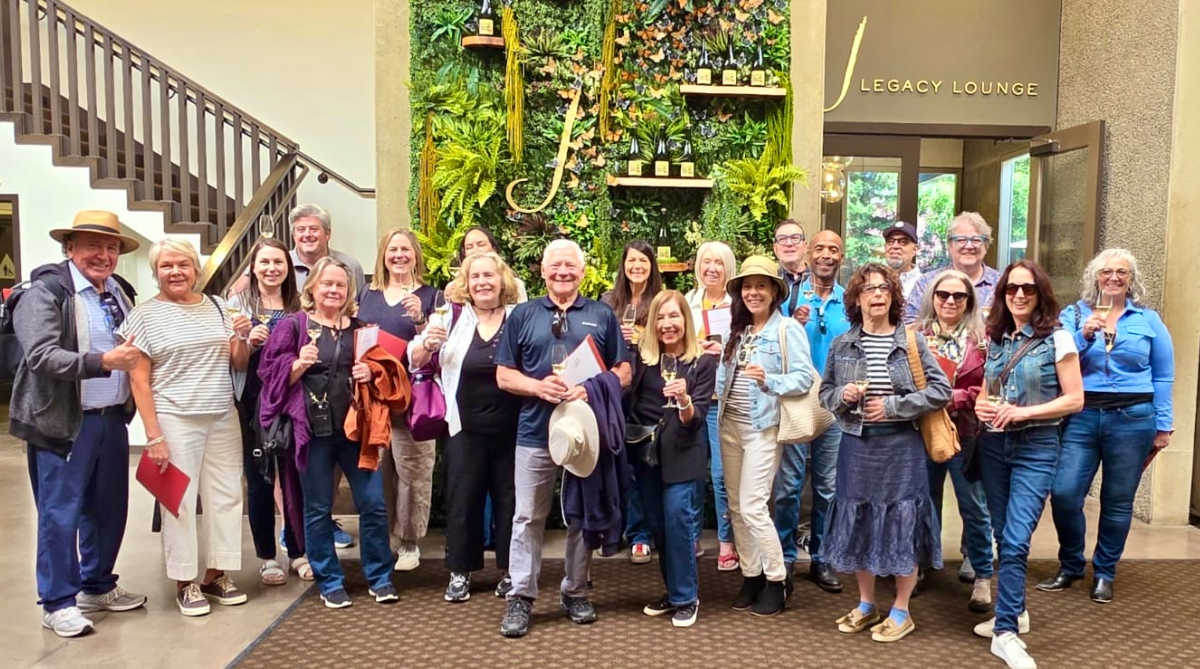As winery tasting rooms shift into high gear this summer, it’s vital for winery owners to consider how to grow their business while keeping employee safety a priority and staying legally compliant with state and federal regulations. The phrase “penny wise, pound foolish” fits well, as scalability requires the proper focus, planning and expertise to determine which steps are necessary now to avoid costly financial pitfalls later.
BBSI is a national firm with expertise in these areas—specific to the wine business. I interviewed BBSI Southern Oregon Area Manager Joe Rossi to get his thoughts on these issues.
CC: Joe, what compliance issues should winery owners look out for?
JR: Risk management and human resource components of a winery business are the biggies. For instance, worker safety management and injury return-to-work programs can significantly impact your business bottom line, including OSHA fines, worker compensation insurance cost and operational productivity.
Likewise, the lack of compliant HR policies and procedures, a defined compensation strategy, sensible workforce management and active employee engagement might lead to an acidic work environment. This can escalate to unhappy employees and costly litigation against you as an employer.
Finding and retaining a competent and committed tasting room staff is often difficult, but using proven strategies for training and compensation will help with retention and create better guest experiences. You will have less employee turnover. It’s a win-win-win for you, the employees and your guests.
CC: What should winery owners be looking for related to payroll?
JR: A comprehensive and capable payroll system, combined with automated time and attendance tracking, is in a compliance category by itself. Your system must provide accurate and timely payroll administration as well as correct wage and tax accounting (particularly wages associated with tasting room tips). There must be accurate processing of sick, holiday, vacation and benefits accruals/deductions along with the ability to remit federal and state taxes on a timely basis—all while being end-user friendly.
In addition, your payroll system should dovetail with your general ledger and accounting, enabling you to gauge inflection points as your business grows. You will be able to see where to make adjustments in staffing to assist your business growth.
CC: How important is it to look at the bigger picture?
JR: To grow, winery owners need to be able to look at business structure, technology and processes in developing growth strategies. Many times, a winery can benefit from the outside eyes of a skilled professional to identify obstacles that can impede your business growth, including taking a forward look at your business succession plan.
“Penny wise, pound foolish”—a phrase occasionally used for being very careful about unimportant matters and careless about important ones—speaks to scaling your tasting room business through expertise and knowhow to develop a business plan that moves your business forward in a sensible, economical and achievable manner.



Leave a Reply